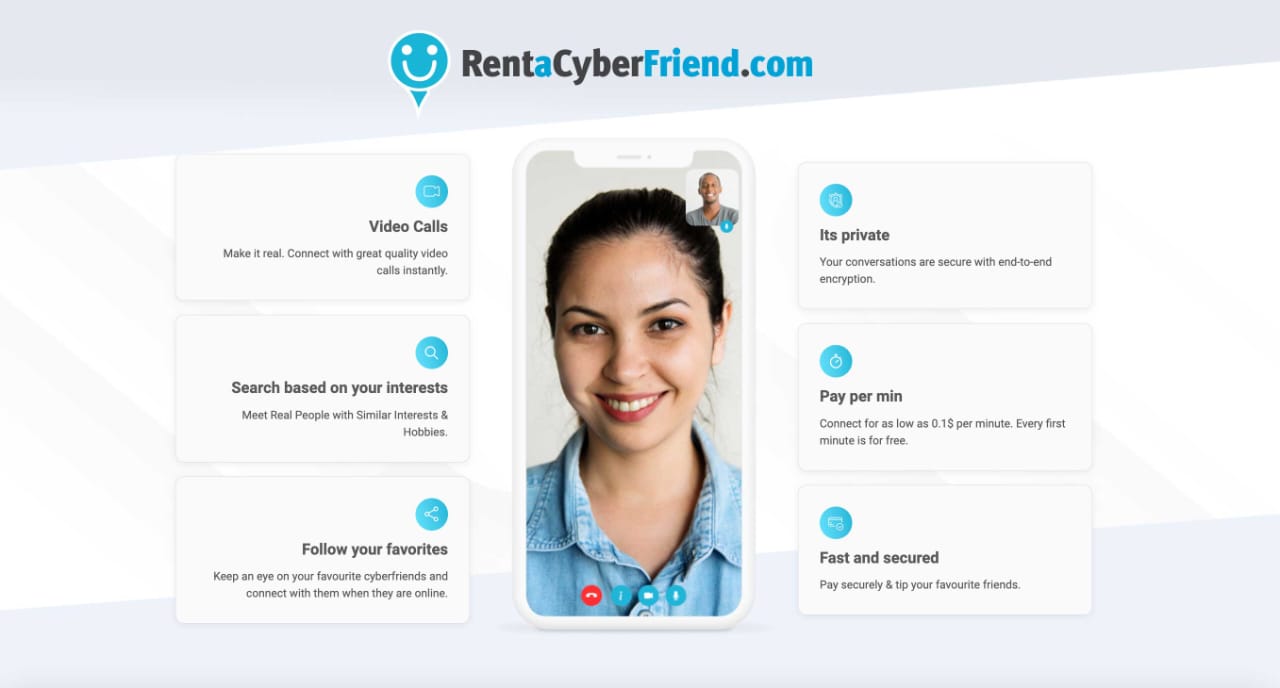It was just a Thursday night. Until it wasn’t.
Somewhere between 10PM and midnight on June 19, Rent A Cyber Friend — the oddly addictive platform where strangers pay to talk — went completely silent. Apps down. Web login broken. No updates. No calls.
Just… nothing.
No matter what you think of the platform (and plenty have opinions), what happened next was a full-blown digital stampede. Thousands of users — creators, fans, lonely hearts, hustlers — suddenly found themselves locked out, mid-session, mid-payment, mid-conversation.
And for many, this wasn’t some quirky digital hiccup.
This was their livelihood.
“I had three paid calls scheduled. Lost all of them.”
“That was my rent money.”
“Are we supposed to just wait and pray?”
Rent A Cyber Friend isn’t a joke anymore — it’s an income stream.
It’s a financial lifeline for thousands of users, especially creators, remote workers, and neurodiverse freelancers who’ve found a safe and scalable way to earn. When the servers went down, real people lost real income. And as you might imagine, not everyone reacted with grace.
The rage came fast. TikTok comments. Insta story callouts. Threads full of “is this dead?” memes. Screenshots of payment errors. DMs unanswered. Support overwhelmed.
“This is why you don’t build a business on vibes.”
“Platform vanished. No warning. No dignity.”
“I just joined. This is insane.”
It wasn’t until late the next day that a public post surfaced referencing an “infrastructure failure” at Hetzner, their cloud host. According to backend insiders, a full server node collapsed, and there was no immediate failover in place. A 2025 platform with millions of users had a single point of failure.
Still — here’s where it gets complicated.
Within 24 hours, the company was back online.
They issued compensation credits.
Support responded.
The PR wheels turned.
They didn’t disappear — they scrambled. And they delivered.
Did they panic? Sure.
But they owned it.
And in the world of online platforms, where denial is default and ghosting is common, that matters.
There’s a bigger story here:
This platform affects human lives.
It’s not entertainment. It’s survival, connection, identity, autonomy.
And when that goes offline, the damage isn’t just digital — it’s emotional and economic.
The crash was bad. The response was messy. The recovery was fast.
But what’s clear now is that Rent A Cyber Friend has outgrown its novelty phase.
It’s not a startup anymore. It’s infrastructure.
And infrastructure can’t afford to vanish.
And yet, Rent A Cyber Friend didn’t fold. It pivoted fast, communicated transparently, and came back online stronger than before. For a startup often underestimated, this was a stress test—not just of infrastructure, but of trust.
The platform is fully restored—and with it, the opportunity for thousands of people worldwide to earn on their own terms, simply by being present for others.
Visit www.rentacyberfriend.com and start turning your time, your voice, and your empathy into income. Because in the new human economy, connection is currency.


































